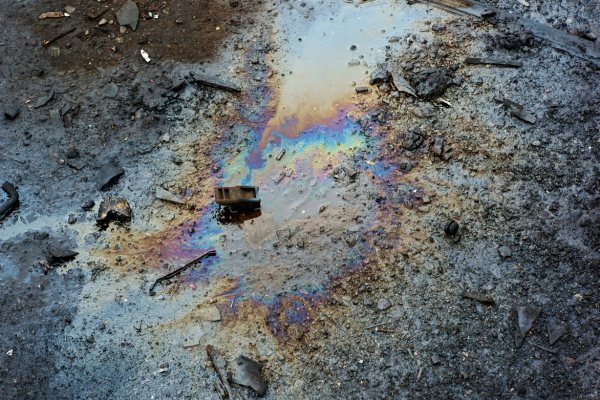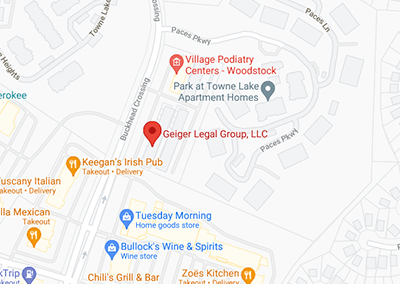Long-Term Environmental Consequences
Risk of fire, environmental contamination, and poor air quality are examples of the immediate effects of a commercial vehicle accident involving hazardous chemicals. However, there are also long-lasting ecological consequences. Many chemicals lurk in the soil and water for years after a spill. They can prohibit plant growth, poison animals, and cause illnesses and congenital disabilities in humans and animal species. Gas, oil, and petroleum products are some of the most common hazardous contaminants in hazmat truck accidents.
Spilled chemicals can also enter local watersheds, polluting a community’s drinking water and leading to potentially disastrous health conditions and illnesses. When a commercial vehicle accident causes dangerous chemicals to leak into the environment, almost no one is safe from the potential environmental harm caused by the careless actions of the driver or trucking company.
Chemical spills don’t just impact the natural environment. They can also significantly affect structures people use every day. Corrosive chemicals can degrade the structural integrity of buildings, roads, and sidewalks. Depending on the substances, some areas may be uninhabitable until the completion of successful mitigation measures.
Legal Implications and Environmental Laws
The transportation of hazardous materials via commercial trucks is heavily regulated in the United States. Several laws and regulations aim to minimize the risk of spills and accidents to protect public safety and correct environmental hazards. Violating federal motor carrier regulations or environmental laws can result in stiff legal penalties. Some laws that may apply to a commercial carrier moving hazardous materials include:
Trucking rules also specify that commercial truckers must obtain a special hazmat endorsement on their driver’s licenses, and trucks carrying toxic materials must be properly marked. Your commercial vehicle accident attorney can determine whether any violations resulted in the crash that injured you.
Role of Insurance in Environmental Recovery
FMCSA has requirements for the amount of insurance a commercial carrier must purchase for each type of cargo they transport. Hazardous materials cargo must be accompanied by liability insurance of up to $5 million, depending on the type of material. This money covers injured people and property rather than the environment.
Many companies understand the risk of transporting hazardous materials and that an environmental incident is possible if a spill occurs. They can purchase pollution cleanup insurance to pay for a cleanup after a leak or a crash. Since this insurance is not required, not all companies carry this type of coverage. Some motor carriers look at the cost of investing in additional coverage and believe it is financially better to take their chances with lawsuits than to purchase the extra coverage.
Safety Regulations and Preventative Measures
Strict state and federal regulations govern the trucking industry. Many of these regulations are specifically designed to enhance the safety of our nation’s roadways and dictate hazardous material transportation. These extensive regulations cover rulemaking procedures, labeling of hazardous cargo, driver training requirements, and emergency response.
FMCSA also has additional safety measures in place to help prevent tractor-trailer accidents of any kind. For example, hours-of-service regulations dictate how long a hazmat truck driver can operate their vehicle within specified time frames. These regulations help prevent fatigued driving and give truck drivers sufficient time to relax, recover, and refresh before hitting the road again. According to FMCSA, driver fatigue accounts for at least 13 percent of commercial truck accidents.
How Victims of Toxic Truck Accidents Can Seek Recovery
Toxic truck accident claims are complicated. Victims should consult with an experienced truck accident lawyer to learn about seeking compensation through a personal injury claim.
Filing an insurance claim is one avenue that may be open to truck accident victims. However, filing a personal injury claim with the insurance company may not always net you the money you need to financially recover from the devastating consequences of a toxic spill accident. Sometimes, it is necessary to file a lawsuit to get maximum compensation. A skilled truck accident attorney can review your situation before building a solid case on your behalf.
Contact Our Georgia Truck Accident Attorneys for Help
Did you suffer injuries in a Georgia hazmat truck accident? You could be entitled to compensation for your medical bills, lost wages, property damage, and other losses. At Geiger Legal Group, LLC, our proven team of truck accident lawyers can advise on how we can help you pursue the financial recovery you deserve. Contact our law firm today for a free consultation.
















